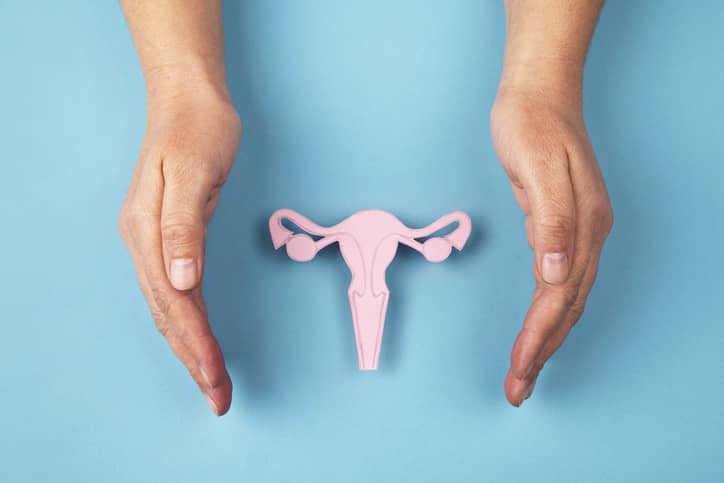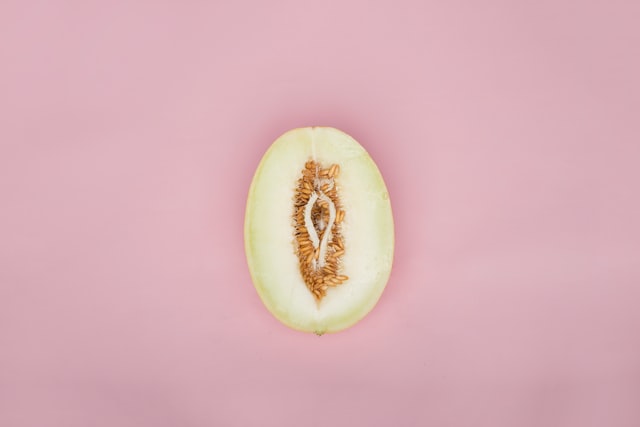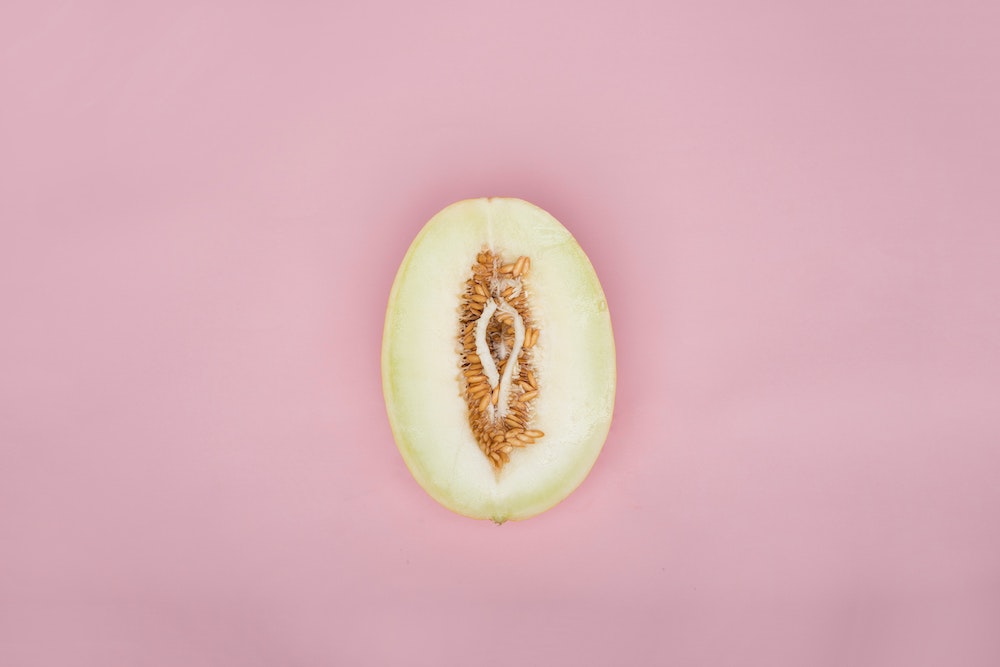Genital itching is common, but it can also be very uncomfortable. It may affect the outside and opening of your vagina (vulva), or your vagina on the inside. And if it doesn’t go away, it can also be a worry. You’re probably wondering what’s causing it, as well as what you can do about easing the itch.
Read to discover 7 common causes of vaginal itching and how to treat them, plus, when you should see a doctor.
Thrush
Thrush is a common yeast infection that can make your vagina itchy. It’s caused by a fungus called candida, which likes to live in warm, moist environments – such as a vagina.
Thrush often grows if the balance of bacteria in your vagina changes, which can be caused by skin irritation, antibiotics or hormones, among other things.
As well as vaginal itching and irritation, thrush symptoms commonly include a white, lumpy vaginal discharge, and sometimes stinging when you pee or have sex. If you have the symptoms of thrush for the first time, see a doctor, so they can check it’s thrush and rule out other causes.
The best treatment for vaginal itching caused by thrush is usually an antifungal medicine, available from a doctor or pharmacy. It can be a tablet you take by mouth, a tablet you put in your vagina (pessary) or a cream you apply to your vagina. The itching, as well as any other symptoms, should go away within 7 to 14 days.

Vaginal dryness
Dryness is a common issue, and it can cause your vagina to feel itchy and sore. It can also cause pain or discomfort during sex.
Vaginal dryness can happen at any age and for various reasons, including hormonal changes and medical conditions. But it’s much more common in people who’ve stopped having periods because of the menopause.
During the menopause and the time leading up to the menopause (perimenopause), your ovaries start to make less of a hormone called oestrogen. This makes the lining of your vagina thinner, drier and less flexible. Your vagina also makes less discharge – leading to dryness.
Menopause is a natural part of getting older, but some of its symptoms can be treated, so you should speak to your doctor. If you have a dry, itchy vagina because of the menopause, they may prescribe oestrogen in the form of a cream, pessary or ring that you put in your vagina.
You can also get vaginal moisturisers and lubricants from a pharmacy without a prescription to help ease your symptoms.
Irritation or allergy from chemicals
Vaginal, or vulval, itching can be caused by something as simple as irritation from or an allergic reaction to your laundry detergent, or even your toilet paper.
Chemicals that can irritate your vagina and genital area can be found in:
- laundry detergent, bleach, fabric softener
- bubble bath, soap, shampoo
- feminine hygiene sprays, perfumes, creams
- sanitary pads (menstrual pads)
- toilet paper
- douches
- condoms and contraceptive foams
If you think your itchy vagina is caused by a reaction to chemicals in the above, there are steps you take to help yourself. You should not wash with water or soap as they can cause dry skin and make the itching worse. Instead, clean the area using an emollient wash product instead of soap and shower rather than taking a bath. Avoid applying creams or feminine hygiene sprays to your vagina, and try swapping your laundry detergent for a non-biological brand.
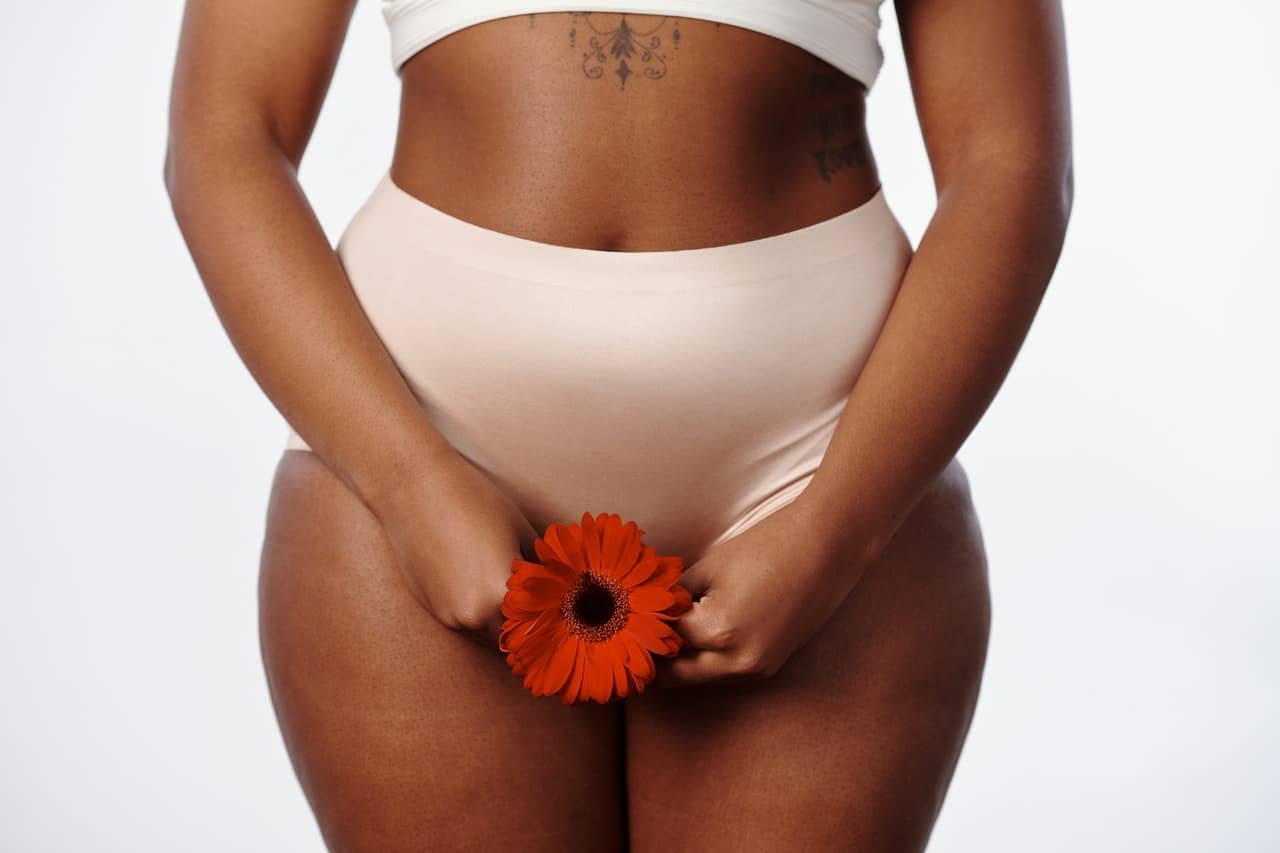
Psoriasis or eczema
A skin condition such as psoriasis or eczema could be causing your itchy vagina.
Psoriasis causes red, flaky and crusty patches of skin, which can be itchy and sore. It can affect all parts of your body, including the genital area.
The word eczema covers a group of conditions that cause itchy, irritated and inflamed skin. Eczema can affect any part of your body, including the opening of your vagina (vulva).
If you think your itchy vagina could be caused by psoriasis or eczema, it’s a good idea to see your doctor. The skin of your genitals is very sensitive, so even if you’re already treating psoriasis or eczema on other parts of your body, you might need something different for your vagina. Possible treatments include moisturisers (emollients) and steroid creams.
Lichen sclerosus
Lichen sclerosus is another skin condition that could be behind your vaginal itching. It causes itchy white patches on the skin of the genitals or other parts of the body, and is most common around the vulva, anus or penis.
We don’t know what causes lichen sclerosus, but people with a vagina who are over 50 get it more often.
If you notice an itchy white patch of skin, you should see your doctor. A prescription steroid cream will usually help to ease the itching. You might need to use it regularly for a few months, or on and off, to manage your symptoms.
Shaving rash
Regularly shaving your pubic hair can irritate the skin on your genital area, which can cause itching and burning around your vagina. It can also cause ingrown hairs, which form red, itchy bumps on the skin.
Despite the sometimes popular belief that shaving or trimming the pubic area is hygienic, pubic hair actually helps to protect your vagina from infections. So you might want to consider shaving less often, or not at all.
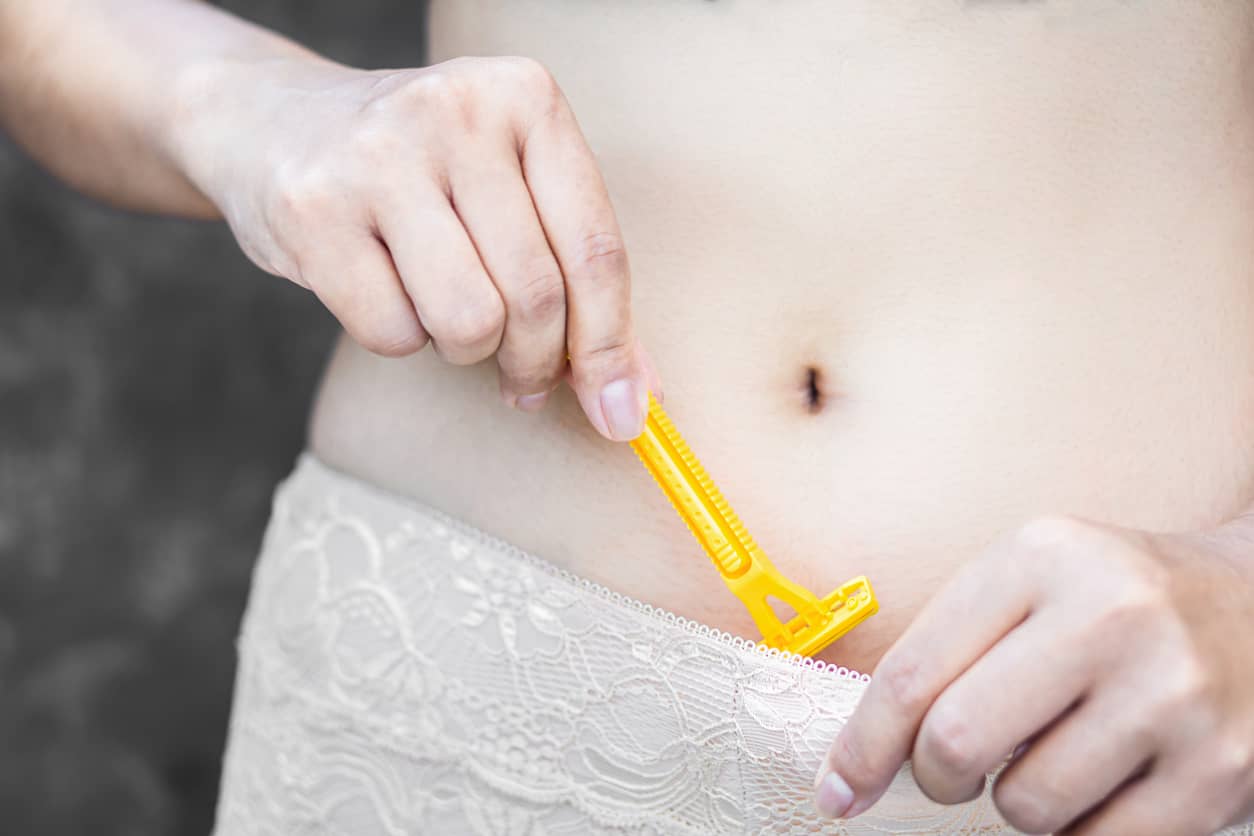
Pubic lice
Pubic lice are tiny insects that live on pubic hair and cause itching. Sometimes called ‘crabs’, they tend to be most active at night, so that’s when you’re most likely to notice the itching. The itching is actually a reaction to the lice’s spit (saliva).
Pubic lice are very small and difficult to spot, but your doctor will be able to check if you have them. You can treat pubic lice at home with a medical insecticide cream or lotion – your doctor or pharmacist can advise you about which treatment to use and how to apply it.
When to see a doctor about vaginal itching
Many people get a bit of vaginal itchiness from time to time. However, in addition to the advice given about specific conditions above, you should speak to your doctor if:
- you’re itchy or sore
- the itching doesn’t go away
- it keeps coming back
- it’s severe
- you’re in pain
- you get bleeding between periods or after having sex
- it hurts when you pee
- you have pain in the area between your tummy and thighs (pelvic pain)
- you notice changes in your vaginal discharge – in colour, smell or texture
- you are getting more discharge than usual
An itchy vagina can also be caused by a sexually transmitted infection like trichomoniasis or chlamydia. Other symptoms include yellow, green or smelly discharge and pain when peeing or having sex. If you do not want to see your doctor, go to your local genitourinary medicine (GUM) clinic, where they will be able to test and treat your infection.
Key points
- your vagina can itch for many reasons
- thrush is a common cause of vaginal itching, as is vaginal dryness
- vaginal dryness and itching are more common after the menopause
- vaginal itching can be caused by a reaction to chemicals in soaps, perfumes or detergents
- it can also be caused by skin conditions such as eczema, psoriasis and lichen sclerosus
- see a doctor if your itching is severe, persistent, you are in pain or you notice an unusual discharge


